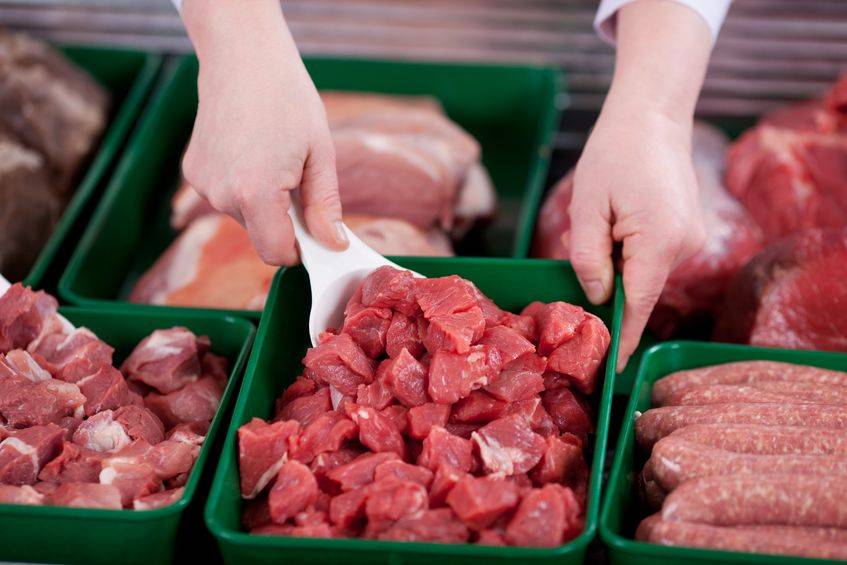
A 'no deal' Brexit scenario could increase Brits' shopping bills by £930 per year, according to new research.
The study, published in the National Institute Economic Review, explains how produce such as meat, vegetables and dairy would be subject to the largest consumer price rises under a 'no deal' scenario.
Entitled 'Will Brexit raise the cost of living?', the report estimates that annual shopping bills would rise by up to an estimated £930.
Brexit has already induced a devaluation of sterling of around 14 per cent since June 2016, which has started to work through to consumer prices: between June 2016 and July 2017 consumer prices increased by around 2.5 per cent.
The paper explores how the imposition of tariffs on imports from the EU will work through into consumer prices.
Making "very conservative" assumptions, the study concludes that a 'no deal' Brexit will increase the average cost of living by around 1 per cent and increase it for 8 per cent of households by 2 per cent or more.
Economists from the University of Sussex and Resolution Foundation, also concluded that leaving the EU without a trade-deal would most likely hit low-income families the most, and will see a sharp increase in prices for foods such as dairy and meat.
WTO rules
Negotiations are set to resume next week in Brussels, and the government is also about to publish a trade bill that would result in Britain being required to apply new tariffs on European imports if it falls back on World Trade Organisation (WTO) rules.
WTO tariffs are highest on fresh food, with a 37 per cent tariff for meat and a 45 per cent for dairy products.
National Farmers' Union (NFU) President Meurig Raymond said farmers are "fast running out of patience" over Brexit talks, and warned of a 'no-deal' scenario.
“The time has come for both the UK and EU governments to acknowledge that businesses and individuals across Europe will suffer if a deal securing an ongoing and closely-integrated economic relationship is not reached,” Mr Raymond said.
“A no deal - in terms of a transition period or the long-term future relationship - would have severe affects for UK farmers and growers.
“With the vast majority of our exported farmed produce going to the EU any impacts on food production and farming would have severe knock on effects to the entire food supply chain, and ultimately the public.”
'Self-sufficient'
Amid the concern in the farming industry, transport secretary Chris Grayling claimed that the UK could become self-sufficient in food after a 'no-deal' Brexit.
Mr Grayling said that in the event of a no-deal Brexit, the UK would respond by growing more produce and importing from more places around the world, in order to prevent a rise of food prices.
However, NFU's Director of EU Exit and International Trade Nick von Westenholz said there will be 'considerable disruption' if a trade deal is not secured with the EU.
“Given the extent of our trade in food with the EU, failure to secure a comprehensive trade deal would cause considerable disruption to farming in the UK,” Mr Westenholz said.
“Although there is some scope for import substitution, farming operates on long timescales. For example, the first crop to be produced post-Brexit will be in the ground in less than a year.”
Nonetheless, Brexit secretary David Davis warned MPs this week that the government still needed to seriously consider pursuing the no-deal option in the face of alleged EU intransigence over exit negotiations.
